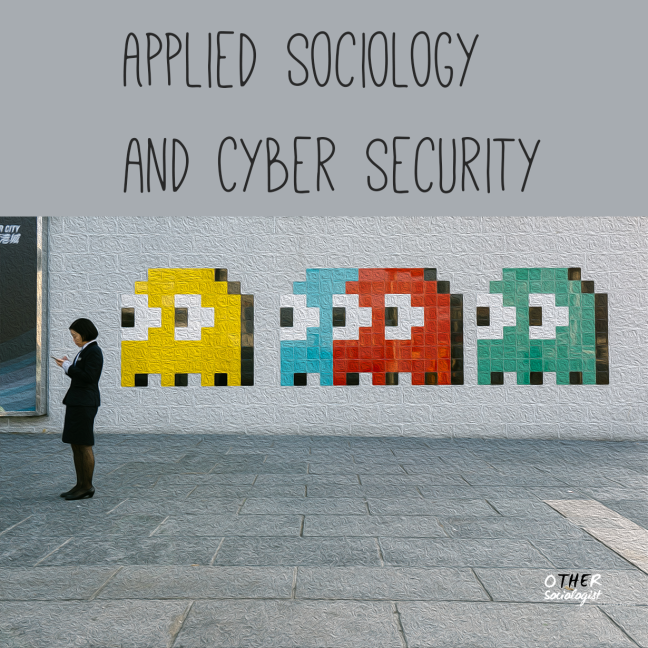On 27 August 2021, in his maiden speech to the Peruvian Congress, Guido Bellido, Prime Minister of Peru, was heckled by his fellow politicians, and reprimanded by the President of Congress for giving an extended welcome in Quechua and Aimara. Quechua is the language of the Quechuan people, the largest Indigenous group in Peru. Aimara is the second largest Indigenous group. Bellido is Quechuan. He was elected as the Cusco representative for Congress on 29 July 2021. Cusco is a Quechuan-majority region, where citizens have a legal right to Quechuan language services, and public servants must speak at least basic Quechua. As a public servant and Indigenous person elected to serve Cusco, Bellido had a legislated right to speak Quechuan.
Quechua and Aimara are both official national languages of the Republic of Peru, alongside Castellano (Español, or Spanish spoken in South America). Quechua has an ongoing influence on the evolution of Castellano in Peru. This includes every day words, grammar, conventions used for the third person, and regional variations of speech.1
Indigenous languages are the original mode of verbal communication in Peru. The events in Congress reflect the pervasive impact of race on politics and all other aspects of society.
To explore the functions of race in Peru, I begin with an examination of Bellido’s speech as a case study of race. I’ll then explore the history of race and language in Peru, before discussing why racial inequality persists despite the development of Constitutional right to language and ethnic (cultural) autonomy. I then deep dive into a racial profile of Quechuan people, using data from the most recent Census.
Continue reading Race and Indigenous Language Rights in Peru










